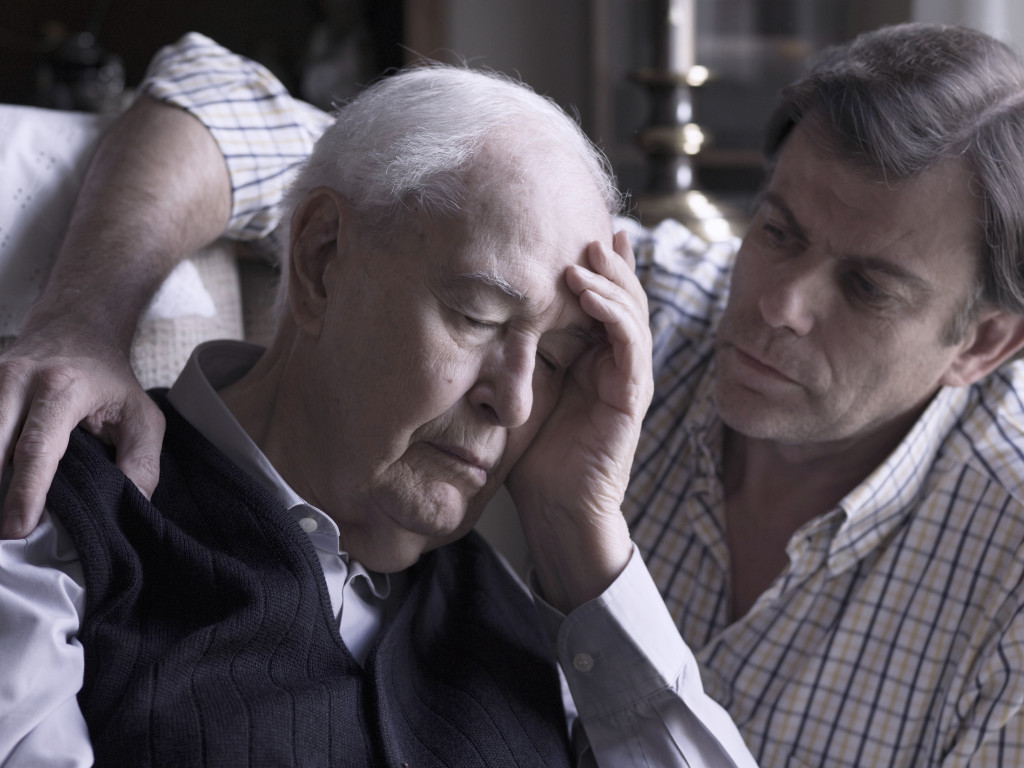Alzheimer’s disease is the most common type of dementia. It is a progressive condition that affects parts of the brain that are responsible for memory and thinking as well as moods and behavior. Its earliest symptoms are often easy to miss because people typically associate them with aging.
In most cases, a diagnosis only arrives after the condition has already progressed. There is currently no cure for Alzheimer’s. However, early diagnosis gives the patient a better chance to benefit from treatments and participate in clinical trials that can one day lead to the discovery of an effective cure for Alzheimer’s.
It is also an opportunity for the family to make a decision regarding living arrangements before their elderly loved one hurts themself because of the disease. At some point, your senior family member may need to move to an assisted living facility where they can be taken care of by professionals. The family can speak to senior placement advisors to seek advice and determine the best course of action for their loved one suffering from Alzheimer’s.
Home for Christmas
During the holidays, everyone flies back to their childhood homes to spend time with family and celebrate the festive season together. Because people have not seen each other for a long time, especially over the past two years because of the pandemic, the changes in the behavior and memory of parents and grandparents may become more obvious.
The Alzheimer’s Association Helpline sees an increased volume of calls around the holiday season. For those coming home for the first time, the decline in cognition appears abrupt. Here are some symptoms to watch out for as you spend time at home this Christmas.
Changes in Personality
Sudden changes in personality should always be a cause for concern because it is a symptom of numerous illnesses, including Alzheimer’s. In the early stages of the disease, patients may experience extreme mood swings. It is normal to feel moody from time to time, but it is different when someone has Alzheimer’s. The changes in their mood are often very rapid. They may go from laughing to seething anger, then tears for no apparent reason.
Moreover, the moodiness may include extreme confusion, fearfulness, and suspicion. The most telling sign is, there is no reason for them to feel these emotions because they are supposed to be celebrating with family. Other changes that should be noted include aggression and agitation. They may also become more depressed.
Misplacing Belongings
During a busy day, it is normal to misplace some things. When you have so many things in your mind, you tend to forget where you left your glasses or the remote control.
It is, however, Alzheimer’s if forgetfulness happens with frequency. Instances when a parent leaves their smartphone in the refrigerator or their wallets in the dishwasher may seem cute, but it might be a sign of declining memory. It is not just a result of a mind busy with holiday preparation.
Forgetfulness will also include mixing up simple words “chair” for “bed” or “door” for “wall.” They may also not remember common words when speaking. If these things happen with frequency over the holidays, take your loved one to a specialist for a check-up.
Inability to Complete Simple Tasks

Alzheimer’s affects day-to-day functioning. Gradually, those who have the disease find it difficult to finish their regular chores. Parents, for example, who have been making meals for decades may suddenly not remember a family recipe. They may get lost driving a familiar route. They may also find budgeting or planning a challenge even if they have been doing it for a long time.
Of course, occasional errors are normal. Even when the task is familiar, healthy people can still make mistakes. However, when these mistakes happen a lot or, worse, it threatens their and everyone’s safety, it may be a sign of dementia.
Withdrawing from Social Situations
The holidays are a time for socializing. However, seniors who may be experiencing symptoms of dementia might avoid hanging out with family members. It is a result of the changes that they are going through. When Alzheimer’s has affected their speech, it may make them embarrassed to have a conversation for fear that they might forget or misuse simple words. It may also make them not want to participate in activities they used to enjoy.
People with loved ones who are past their retirement age should be wary about symptoms of Alzheimer’s disease and other dementias. Age is a huge risk factor for the condition. The older a person gets, the higher the likelihood that they will be diagnosed with a progressive illness. Knowing the early signs could lead to early diagnosis and better outcomes.

